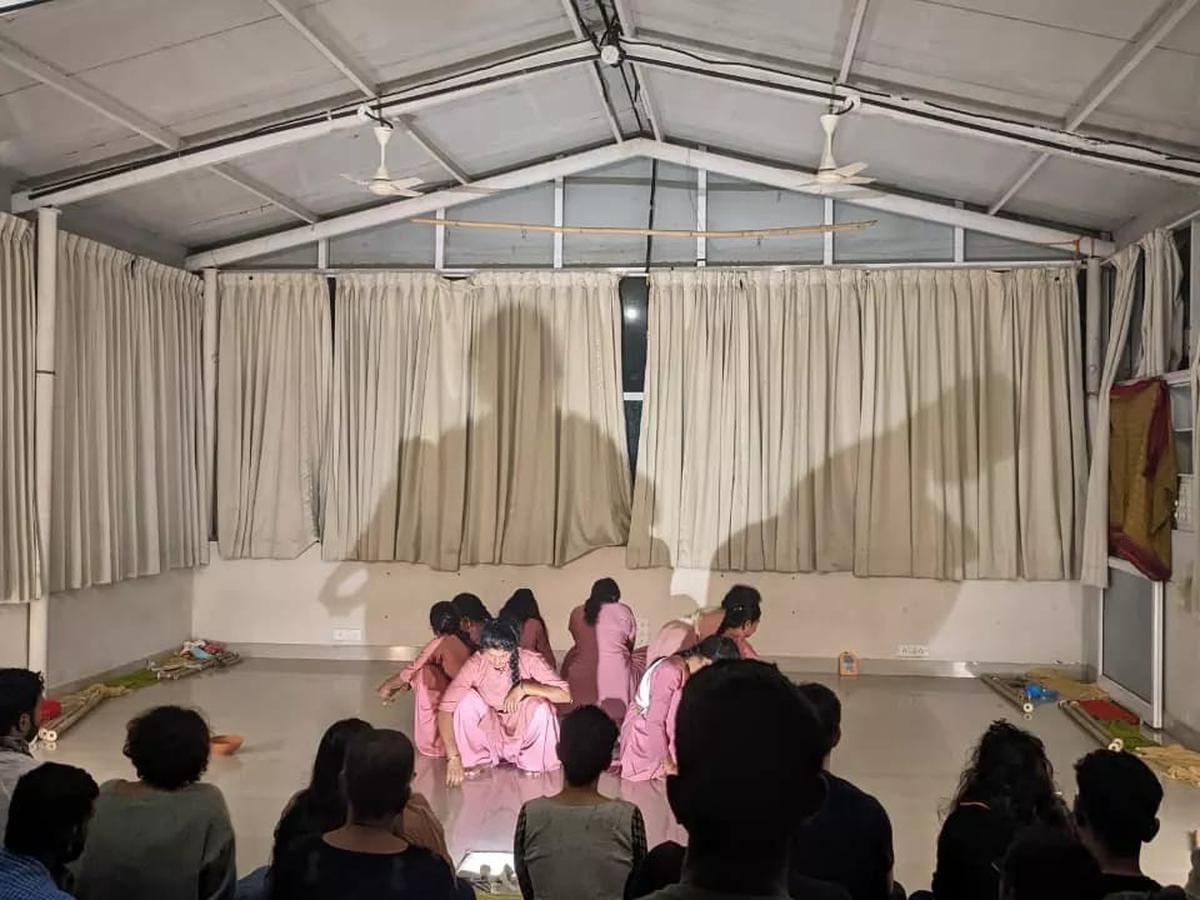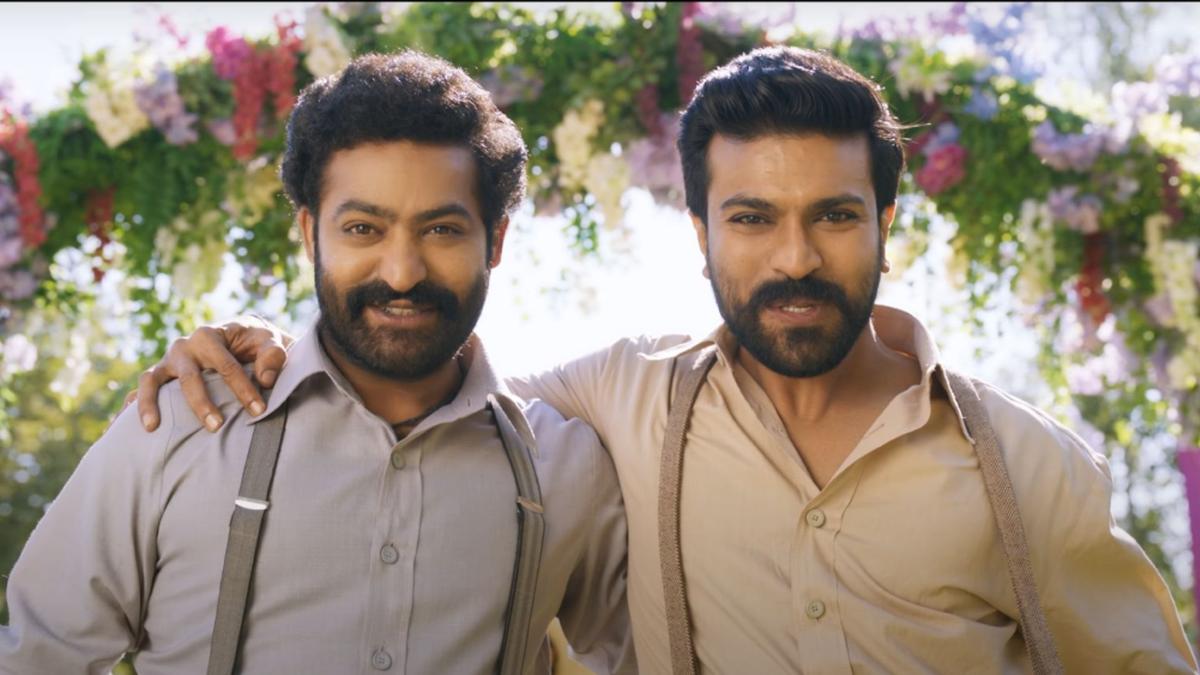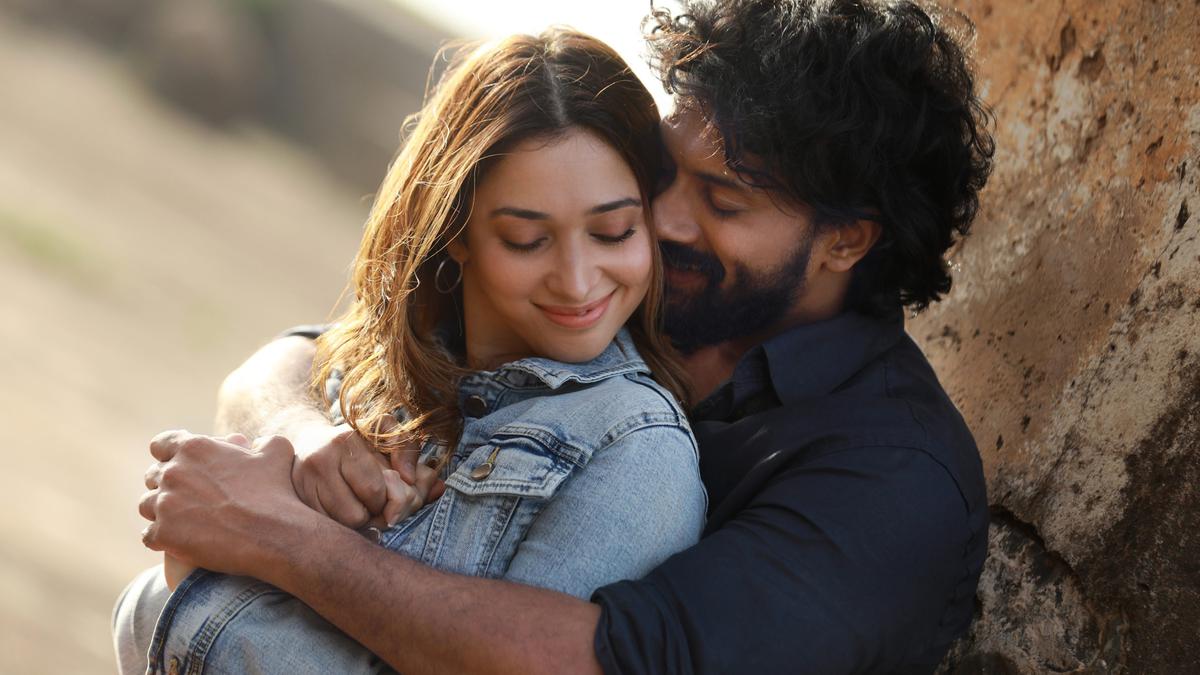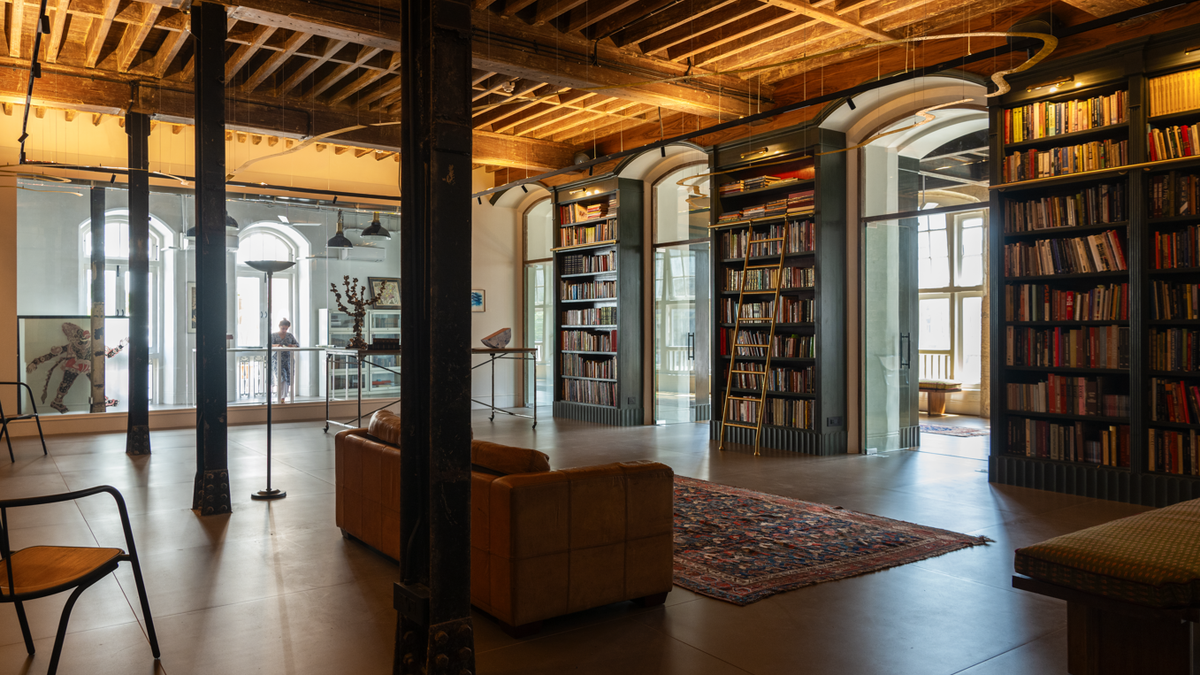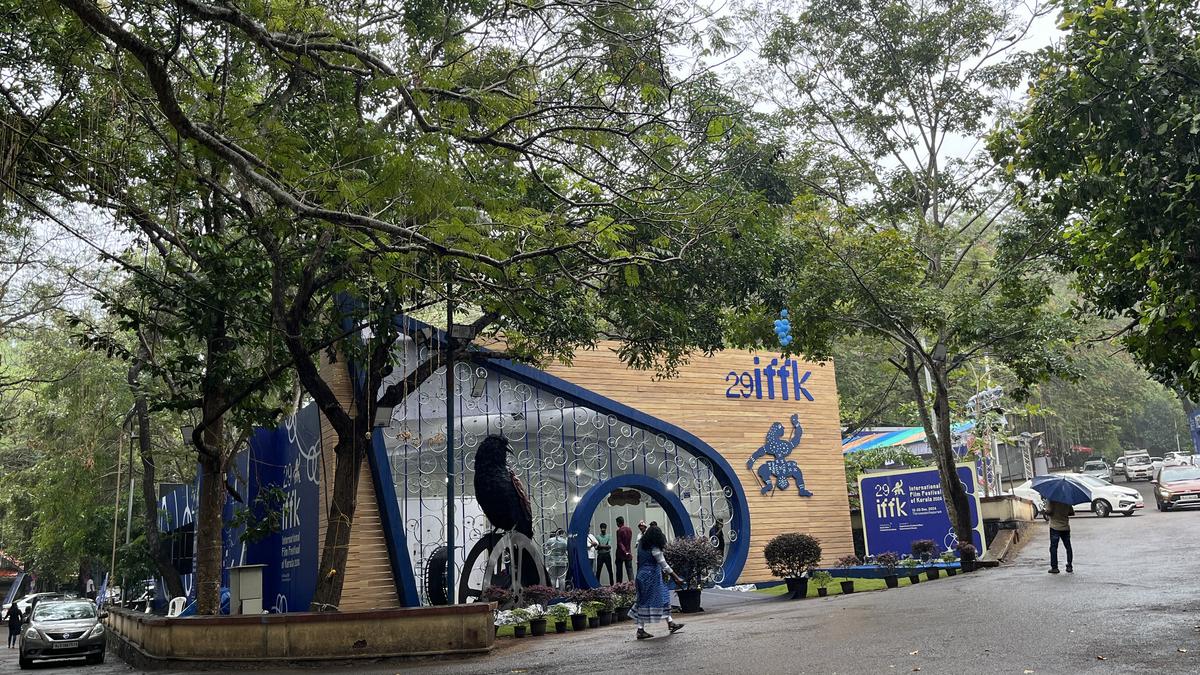Eight survivors of sexual and caste-based violence find themselves through the art of theatre
Eight survivors of sexual and caste-based violence find themselves through the art of theatre
The women of Freeda Theatre Group unequivocally voiced a single sentiment on the performance of their debut play — recognising their own selves.
The play, Main Yahan Hun: 8 Mahila, Ek Shareer, which ran between October 14 and 18 in Bengaluru, is an expression of the body that has borne the scars of caste and sexual violence.
Hailing from various districts of Uttar Pradesh and Madhya Pradesh, the eight actors used the stage to a weave a narrative that focussed not only their trauma but also their innermost desires, secrets, confessions and dreams.
The youngest of the inter-generational group has just turned 18. By being a part of this play, she has found a place where she can share her memories and experiences that had not found a voice within her family circle or the community at large.
“I didn’t have a voice before doing this play. Getting to perform on stage and letting the audience witness our stories has made me realise my own self and that I have something to say too,” she says.
Bringing in the personal experiences of all the eight performers from their childhood and youth to adulthood, the play is an eclectic display of their lives unfettered from experiences of violence and discrimination.
“While working on cases of sexual violence, we found that often the body is missing from the discourse. There is little to no room to share memories with family or the community, which spills beyond the boundaries of law in the aftermath of the violence. The play was an attempt to change the perception around the identity of a ‘survivor’,” says Angarika Guha who works as a researcher of gender, caste and labour at Maraa, a Bengaluru-based media and arts collective.
Survivors of sexual and caste-based violence turn to theatre.
| Photo Credit: Maraa/Angarika Guha
Members from the collective helped the eight women come together and conceptualise the play. With a history of almost six years, the members of Maraa, in 2021, were inspired to perform a play for the survivors based on their stories and experiences called Chu kar dekho. Consequently, they invited the survivors to use theatre as a means of expression and catharsis and perform a play that tells their story on their own terms.
After nine months of hard work, Freeda Theatre Group was ready to perform Main Yahan Hun.
“The workshops while making the play helped me listen to my body. I feel like each part of it has come back to life. I was not comfortable with touch before, but now I feel free to hug people and even perform in front of people,” says one of the oldest actors of the group.
Talking about the struggles of bringing Main Yahan Hun to Bengaluru, she says, “The eight of us faced many obstacles while making this journey. From overcoming our own fears to intervening when one of us was facing obstacles, we persevered through every hurdle. Now, we want to show the world what we have achieved.”
The play premiered in Indore, Madhya Pradesh, on September 10, before making its way to Maraa’s October Jam in Bengaluru.


